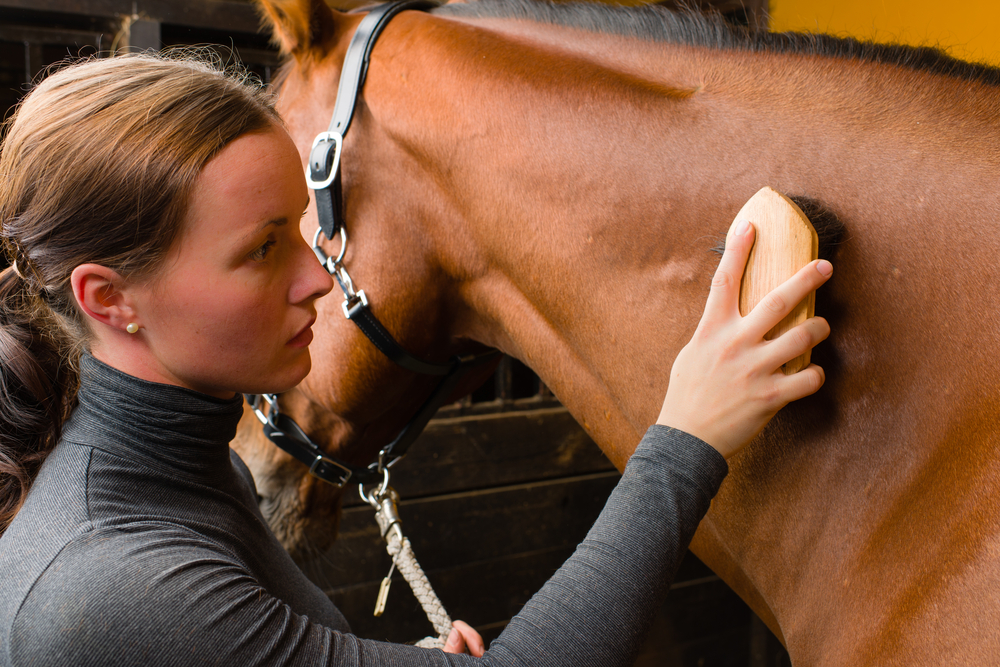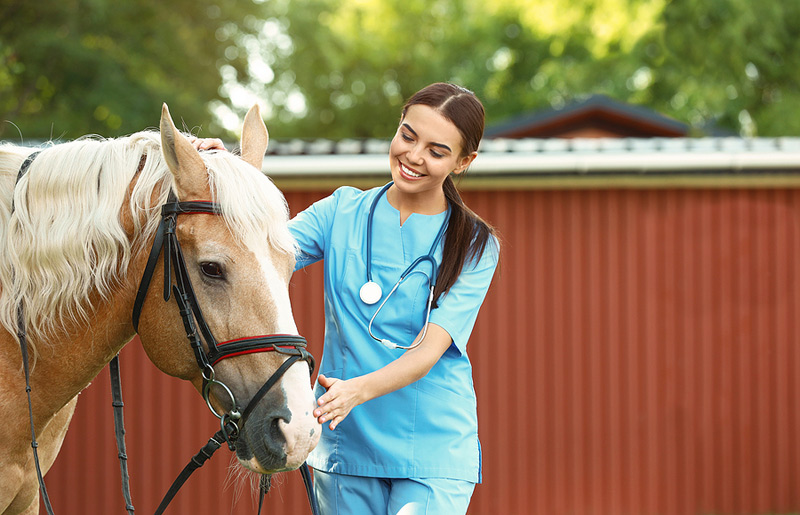As the colder months approach, ensuring your senior horse is well-prepared for winter is crucial. The transition from warm to cold can be challenging for our older equine companions. Preparing senior horse for winter involves taking several proactive steps to ensure their health and comfort. Proper care during this period is essential to keep them healthy and happy.
Older horses often have different needs compared to younger ones. Their immune systems might be weaker, and they may have trouble maintaining body weight. Therefore, preparing senior horse for winter is not just about keeping them warm but also about ensuring their overall well-being.

Understanding the Needs of Senior Horses
Age-Related Changes
As horses age, they experience various physical changes. Understanding these changes is key to providing the best care. Senior horses may have dental issues, reduced digestive efficiency, and joint stiffness. These factors can complicate their ability to thrive in colder weather.
Weight Management
Maintaining a healthy weight is crucial. Senior horses may lose weight more easily. Monitoring their body condition score frequently during winter helps ensure they receive adequate nutrition.
Nutrition for Senior Horses in Winter
Providing Adequate Calories
During winter, horses require more calories to maintain body temperature. High-quality forage and senior horse feeds can provide the necessary nutrients and energy.
Importance of Fiber
Fiber is vital for digestion and warmth. Providing sufficient hay or access to pasture, even during colder months, helps with their digestive health.
Maintaining Hydration
Cold weather can lead to reduced water intake. Ensuring your senior horse has access to fresh, unfrozen water is crucial. Heated water buckets or tank heaters can prevent water from freezing.
For more details on keeping your horse hydrated, visit our article on senior horse hydration.
Providing Shelter and Warmth
Importance of Shelter
Providing a dry, windproof shelter is essential. It protects from harsh weather and allows horses to stay dry and warm.
Blanketing Considerations
Blanketing helps maintain body heat, especially for horses with short coats or those who struggle with keeping warm. Choose blankets that fit well and are appropriate for the weather conditions.
Health Care and Monitoring
Regular Vet Check-Ups
Regular veterinary visits can help identify and address any health issues early. Vaccinations and dental checks should be kept up to date.
Monitoring Vital Signs
Keep an eye on your horse’s vital signs, such as temperature, pulse, and respiration rate, to catch any signs of illness early.
Exercise and Mobility
Encouraging Movement
Even in winter, exercise is important for maintaining joint health. Encourage regular, gentle movement to prevent stiffness.
Managing Arthritis
For horses with arthritis, consult with a veterinarian about appropriate pain management strategies.
Pasture Management
Ensure pastures are safe and free from hazards like ice. Rotational grazing can help maintain pasture quality for winter grazing.
Learn more about pasture management for senior horses.
Emotional Well-being
Social Interaction
Horses are social animals. Keeping them in groups or near other horses can reduce stress and improve their mood.
Routine and Familiarity
Maintaining a consistent routine helps reduce anxiety and provides a sense of security.
Common Challenges in Winter Care
Dealing with Cold Stress
Cold stress can lead to health issues. Monitoring your horse for signs of cold stress, such as shivering or lethargy, is important.
Managing Hoof Health
Snow and ice can affect hoof health. Regular trimming and inspections help prevent issues.
Conclusion
Preparing senior horse for winter requires a thoughtful approach to address their unique needs. By focusing on nutrition, hydration, shelter, and health care, you can ensure your senior horse remains healthy and comfortable throughout the colder months.

Frequently Asked Questions
How can I keep my senior horse warm in winter?
Provide adequate shelter, use appropriate blankets, and ensure they have access to plenty of forage for warmth.
What should I feed my senior horse in winter?
High-quality forage and senior horse feeds rich in calories and fiber are ideal for maintaining health and weight.
Why is hydration important for senior horses in winter?
Proper hydration prevents colic and other health issues. Ensure a constant supply of fresh, unfrozen water.
For more comprehensive tips on caring for older horses, visit PetMD’s guide.
This article contains affiliate links. We may earn a commission at no extra cost to you.
